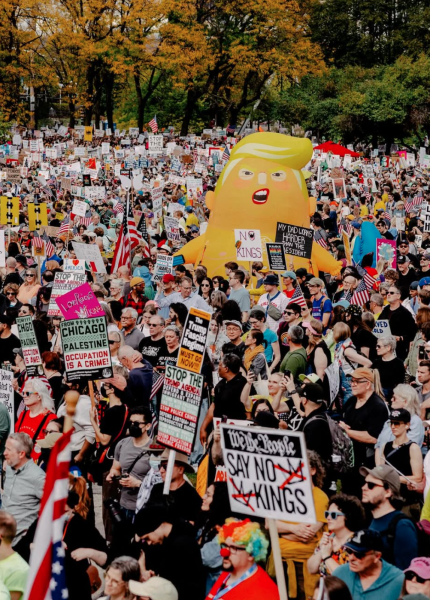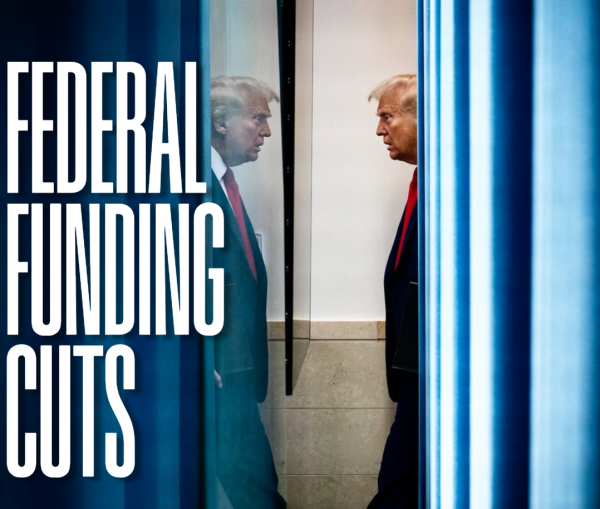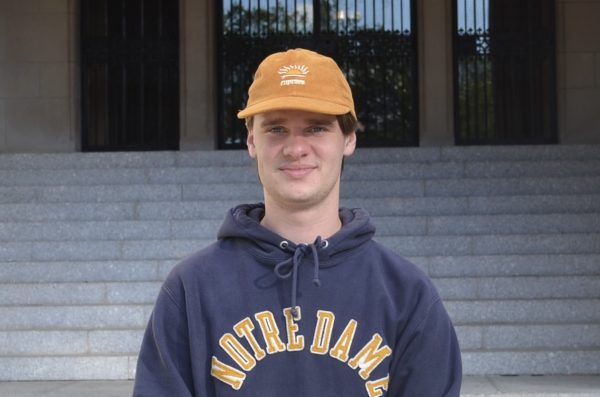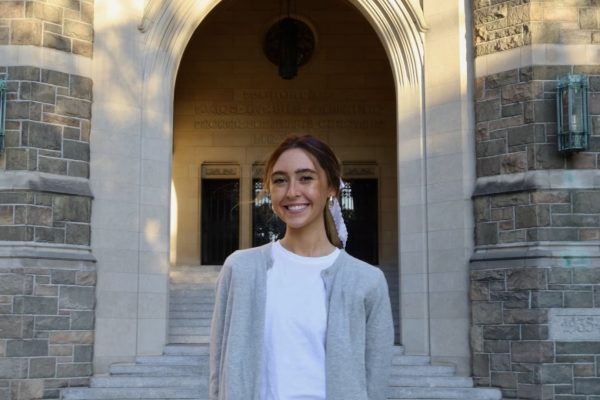The Cost of the U.S.’ Naive Cuba Policy
By Paula Hernandez
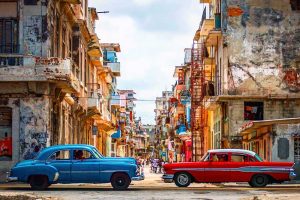
As a Cuban-American, it was particularly difficult for me to watch President Obama reestablish diplomatic relations with Cuba, a country whose leaders, I truly believe, are an embodiment of human evil. To me, and to many other Cubans from Miami, these foreign policy decisions were not only insulting when contrasted against the backdrop of the difficult memories associated with the country, but also a gesture that proved President Obama viewed the country’s Communist and anti-American rhetoric as acceptable, harmless and easily reversible with swift, one-sided concessions from the United States. The naiveté of this policy when dealing with the corrupt Cuban regime is nothing less than embarrassing to every American and an egregious insult to the Cuban-American community. The incompetence of the U.S. negotiators, in comparison to the well-seasoned, political hoodlums they had to negotiate with, is shameful.
Flash-forward to the Trump administration, where Obama era policies are on the chopping block and sonic attacks on diplomats at the U.S. embassy in Havana have left at least 20 Americans ill. The White House, as a reaction to these attacks, evacuated staff at the embassy, and the State Department issued a warning to all American tourists. Considering that there is a clear threat to the health of those in the U.S. embassy, and that Cuba is either unwilling, unable or uncooperative in eliminating this threat, I’d say that the implementation of these measures is necessary to say the least, and further proof that the ground is not ripe for the normalization of relations between our free and open country and the oppressive Cuban government.
While these attacks come unexpectedly, the dangers of associating ourselves with Cuba could have been predicted long before the Obama-era decision to negotiate with the Castro regime. Cuba’s current president, Raúl Castro, called Trump’s decision to evacuate those who may be at risk of attack “a setback in bilateral relations.” That being said, I find little reason to be concerned over rolling back the concessions granted to a nation whose government partook in countless murders, unjust imprisonment of political prisoners, the stealing from and ruining of thousands of Cubans in the name of Communism and the establishment of what is arguably one of the most ruthless, organized and well thought-out systems of government in the world today. Add the fact that Cuba not only denies all this but had the audacity to demand that they be “compensated for the human and economic damages they still endure” by the United States at a UN meeting.
The move to prioritize American lives over one-sided concession diplomacy, as well the other measures that have been taken to distance economic and diplomatic relations with Cuba, is not only a matter of morality, but also a matter of practicality and common sense. It is impossible to support the Cuban people and citizens without also supporting their government. This is the sad reality of the relationship between the two countries. When we trade with Cuba, we stimulate the Cuban government, not the Cuban economy. Although the tips gained by Cuban citizens who work in the tourism industry can be substantial, their government has repeatedly shown its violent distaste for America and any support to it is a gross act of disloyalty. Ultimately, stricter regulations are steps towards protecting Americans, reestablishing America’s self-respect and defining our country’s moral principles.
I am not a stranger to stories of Cuba’s physical beauty and I am aware of its once prosperous economy but, despite the historical proof of Cuba’s potential, we cannot, as Americans, stand idly by as our own citizens fall victim to unsafe conditions in Cuba. The thought of placing American embassy employees and other citizens in harm’s way is appalling, and promoting tourism to Cuba (which essentially gives money to a horrific regime which the U.S. should in no way support) is the equivalent to buying bullets for someone that publicly paints you as their mortal enemy. As such, I applaud the Trump administration for its swift actions on this issue. I just hope that Trump doesn’t tweet too much about this and leaves the communications to those writing memos greater than 140 characters long.
Paula Hernandez Garaycoa, FCRH ’21, is an English major from Miami, Florida.



































































































































































































